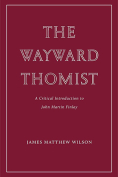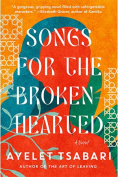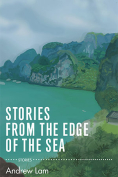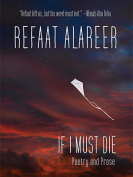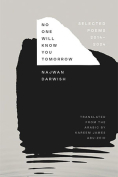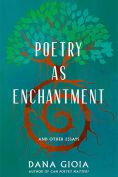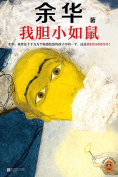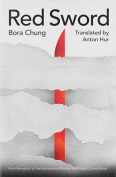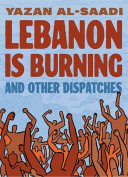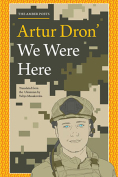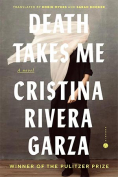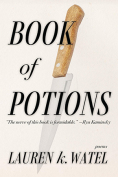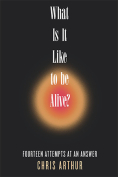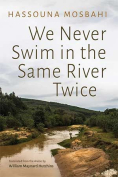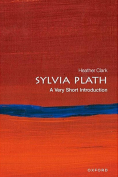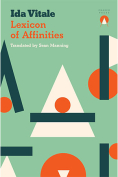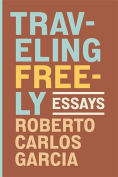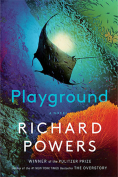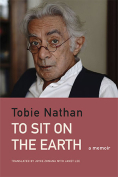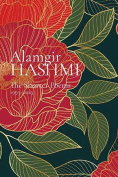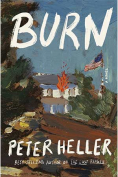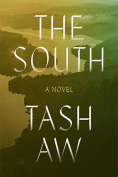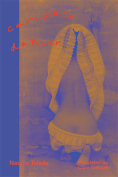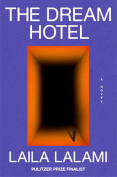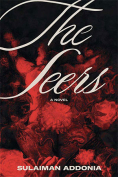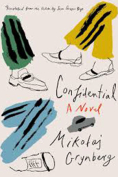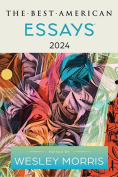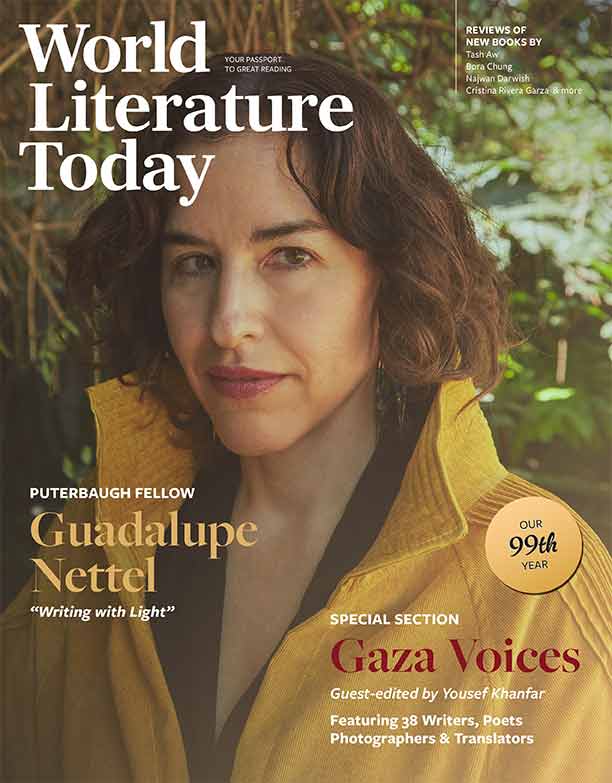We Were Here by Artur Dron
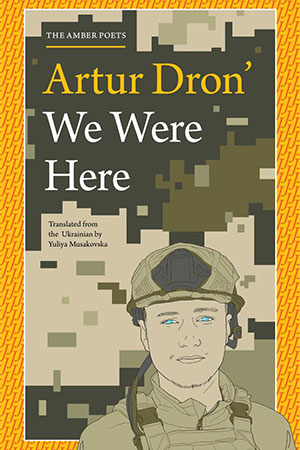
London. Jantar. 2024. 101 pages.
Since Russia launched its full-scale invasion in early 2022, poetry from Ukraine’s frontlines has become a literary phenomenon, shaking the global reading scene. Some of Ukraine’s most famous writers—including national poetic, rock-and-roll treasure Serhiy Zhadan—have enlisted in Ukraine’s armed forces. Artur Dron, a young poet who is undoubtedly a rising star in Ukrainian literature, is no exception. Dron has been serving on the frontline in the 125th Territorial Defense Brigade. We Were Here—translated by Yuliya Musakovska—is Dron’s second published collection. In its pages, the speaker seeks to answer the question: Why poetry during wartime? As Hugh Roberts explains in the book’s foreword, “Poetry cannot protect anyone physically or bring them back to life, yet Dron, like so many of his comrades on both the front line and the homefront, has turned to poetry amid the horror.”
Exposing war’s psychological, mental, emotional, and physical horrors centers each of Dron’s poems. “They say literature / is about words and the silence between them,” asserts the speaker of the poem “Ukrainian Literature.” “Ours now / contains more of the latter,” he concludes. The poem captures the cultural and literary losses experienced by Ukrainians as so many of the culture’s best and brightest writers, poets, performers, artists, and musicians die at the front. The speaker’s acknowledgment captures a pivotal moment in Ukrainian arts and literature: every publication by a Ukrainian writer is a means of survival, a contribution to cultural preservation, and a stand against centuries-long Russian imperialism.
Other poems, such as “Rosary,” reiterate that the 2022 invasion was only an extension of the original invasion and annexation of Ukrainian territory in 2014. “July 2015, it was a hot day,” the speaker recalls. The poem depicts the familial loss war inflicts on families as one family member departs for war, taking a rosary and “going so far away.” “So many of them went, and they went through so much,” the speaker remembers. As the poem concludes, the speaker contends, “So many of you are going, so may you always / have the things that my brother had: / a cross, a string, these worn-out beads.” These concluding lines reiterate the generational trauma Ukrainians have endured and shared. The image of the string and the “worn-out beads” parallels the familial and generational connections as well as Ukrainian fortitude, innovation, and resilience, which—despite immense exhaustion caused by the ongoing war—continue to awe and inspire millions around the globe.
One of the collection’s philosophical gems is an untitled poem that opens with the acknowledgment: “Literature won’t kill anybody.” The poem is yet another example of Dron’s knack for searching for truth and meaning in literature amid unimaginable hardship by responding with another piece of literature. “A poem won’t shield you from a bullet,” the speaker states. “Books won’t save us from mortars,” he continues, and “writing won’t find the missing.” Nonetheless, despite acknowledging what the literary arts cannot do during a war, the speaker invokes the spirit of Ukrainian poet and dissident Vasyl Stus. “So I read / the selected poems of Stus / and smelt the book / after every poem,” the speaker states. This invocation of one of Ukraine’s greatest dissident poets essentially creates the poem’s resilient spirit. The reference to Stus is also an example of how contemporary Ukrainian and Ukrainian diaspora poets and writers looked to their forebears—who frequently endured censorship, imprisonment, exile, etc.—for strength and fortitude during the war.
Media images of young couples who either met while serving in the Ukrainian armed forces or married before either partner deployed to the front have permeated social media and news feeds. Another untitled poem—“For the first time, the distance between us”—leans toward the romantic in both imagery and tone and evokes the image of a soldier leaving their beloved behind them. Images of army checkpoints and drones “flying like a hornet” overshadow the speaker’s romantic inclinations. This disconnect between the speaker’s life as a soldier and his life as an individual connected romantically to another is “like a dislocated bone / that won’t click back into place by itself.” Nevertheless, hope blooms as the speaker hums his beloved’s name “like it’s the first word” he “ever learned.”
Much like Oleksandr Mykhed’s stunning nonfiction work The Language of War, Artur Dron’s We Were Here is a linguistic exhibition, a display of how war infringes on everyday lives, existence, and language. These poems are a testament to poetry’s binding force and how, during the most intense collective and individual experiences, poetry exists as a healing balm that makes loneliness a bit more bearable.
Nicole Yurcaba
Southern New Hampshire University
